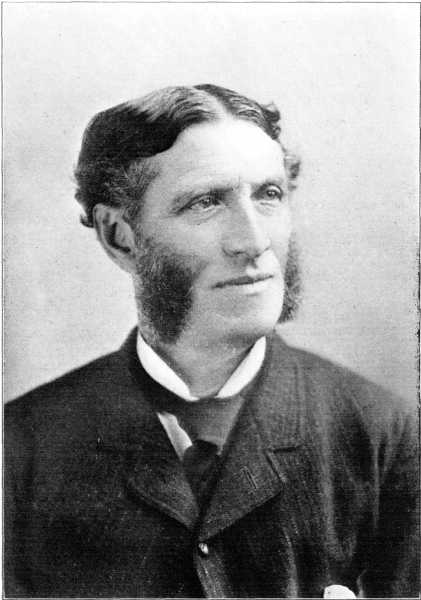
Many readers have seen Matthew Arnold (24 December 1822 – 15 April 1888) as the most modern of the Victorians. Arnold defines "the modern" in his first lecture as a professor of poetry at Oxford, "On the Modern Element in Literature." This lecture marked Arnold's transition from poet to social and literary critic. He argued that the great need of a modern age is an "intellectual deliverance.": preoccupation with the arts of peace, the growth of a tolerant spirit, the capacity for refined pursuits, the formation of taste, and above all, the intellectual maturity to "observe facts with a critical spirit" and "to judge by the rule of reason." The views Arnold developed in his prose works on social, educational, and religious issues have been absorbed into the general consciousness, even if they are as far as ever from being realized. While he harshly satirized the hypocrisy of his era, he believed that the possibility of a better society for all depended on critique and a vision of human perfection. That vision is explicitly expressed in the late essay "A French Critic on Milton." In his article, Arnold argues that human progress consists of a continual increase in the number of those who, ceasing to live by the animal life alone and to feel the pleasures of sense only, come to participate in the intellectual life and find enjoyment in the things of the mind.
Further Reading Suggestions:
Arnold, Matthew. Culture & anarchy. e-artnow, 2018.
Arnold, Matthew. "A French critic on Milton." The Mixed Essays (1880): 237-273.
Connell, William Fraser. The educational thought and influence of Matthew Arnold. Routledge, 2002.
Moyer, Charles R. "The idea of history in Thomas and Matthew Arnold." Modern Philology 67.2 (1969): 160-167.
